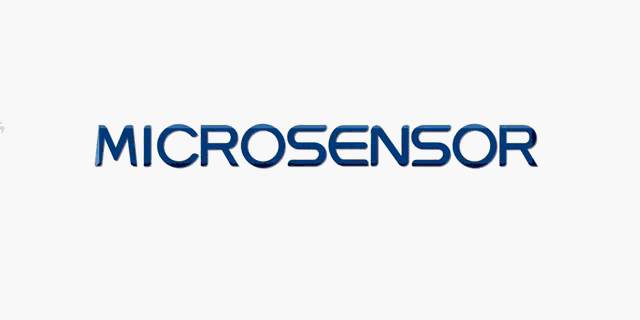
What Is Pressure and Level Measurement in the Water Industry?
• Pressure: In the water industry, pressure refers to the water pressure in containers, pipelines, filters, and other equipment. The measuring of pressure directly affects the flow, transportation, and treatment of water.
• Level: Liquid level is the height or position of the water. The level measurement in the water industry usually involves storage and treatment in containers, tanks, and reservoirs.
the Importance of Pressure and Level Measuring in the Water Industry
• Safety Warning: Accurate water pressure in pipes and vessels ensures safety. Pressure that is too high or too low can cause an accident. Even if the pressure value is abnormal, the operator can detect leaks or malfunctions in time. Level monitoring prevents water containers from being overfilled or underfilled. The water supply system operates safely and stably.
• System Optimization: Long-term pressure and level data help engineers optimize parameters and processes. Every step helps lower energy consumption and reduce maintenance costs.
• Resource Saving: The measurement contributes to regulating water consumption. Operators adjust appropriate water flow and distribution. Avoiding waste is particularly important in areas with limited water resources.
• Troubleshooting: Pressure and level instruments help quickly diagnose system faults. Measures can be quickly taken if problems promptly. It reduces downtime and improves system reliability.
What Factors Affect the Accuracy of Water Monitoring on Pressure and Level? How to Prevent?
• Environmental Conditions: Water treatment facilities are often exposed to temperature changes, humidity, and contaminants. Before installing pressure and liquid level instruments, ensure that the products' operating temperature range covers water temperature change.
• Sediments and Corrosion: These deposits and corrosion can cause deviations or errors in monitoring data. Sediments need to be cleaned and treated regularly. Anti-corrosion materials for measuring sensors are selected to ensure measurement accuracy. MicroSensor has a variety of optional materials to meet the measurement needs of different corrosive media.
• Insufficient Calibration: Pressure and level monitoring equipment needs to be calibrated regularly to ensure accuracy. If calibration is performed incorrectly or not frequently enough, it may result in inaccurate data. If you have any questions about maintaining your equipment, MicorSensor's technical experts provide support at any time.
• Human Factors: Operating errors, improper maintenance, or improper installation can cause erroneous readings from monitoring equipment. MicroSensor's technical experts are pleased to provide you with after-sales technical solutions.
What Are the Applications of Pressure and Level Monitoring in Water Treatment?

• Divided according to different application sites:
Water sourcing monitoring, boosting pumping station monitoring, water working monitoring, water supply pipe network monitoring, secondary water supply equipment
Please click here to learn about detailed water industry solutions.
• Divide according to different water storage containers:
Pipelines, water storage tanks, filters, ponds, sedimentation tanks, clarifiers
MicroSensor offers a wide range of water pressure sensors for different containers. You can choose suitable products according to working conditions and actual needs.
I Know That my Application Is the Water Treatment Industry, But How Do I Choose a Specific Product?
Step 1:
You must clarify the following basic parameters:
What medium do you need to measure?
What’s the pressure range/level range?
What's the power supply and output signal?
If you can provide more detailed requirements, we can provide you with an accurate product model more quickly.
Step 2:
You can send your requirements in any of the following ways:
1. Click the online chat box on the right side of the website to leave a message.
2. Adding our WhatsApp: +86-15114817352. You can talk about your needs with us.
3. Send an email to sales@microsensor.cn. You can get consults from MicroSensor sales engineers.
Step 3:
MicroSensor sales experts will contact you as soon as possible after receiving the inquiry. After further communication, we will recommend a suitable pressure sensor or pressure transmitter configuration.
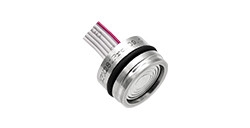
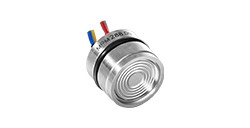
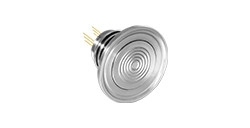
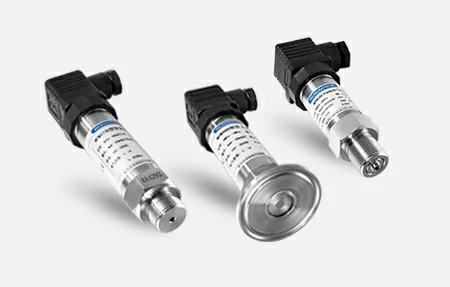
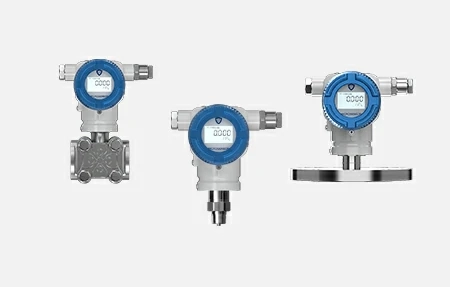
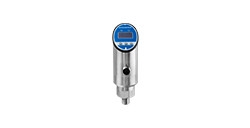
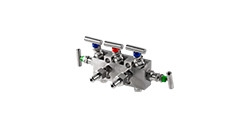
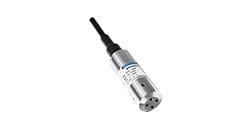
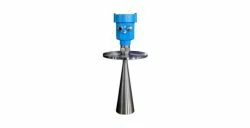
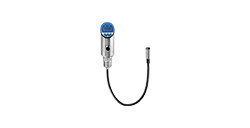
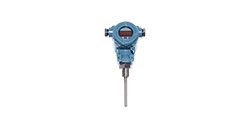
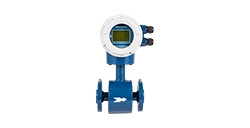
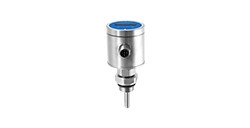
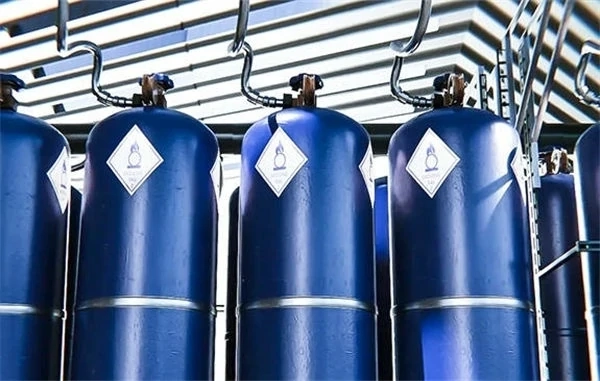
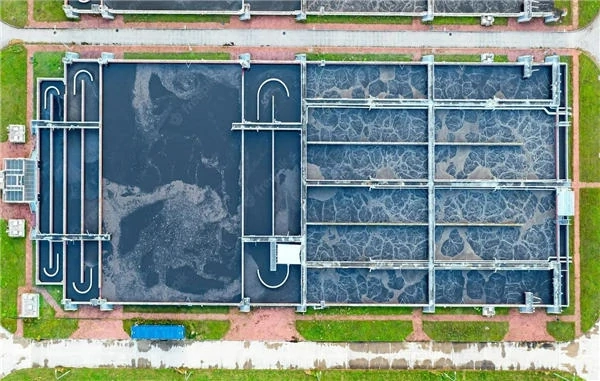
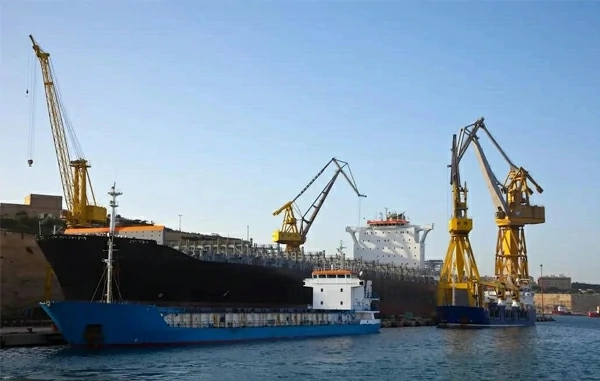
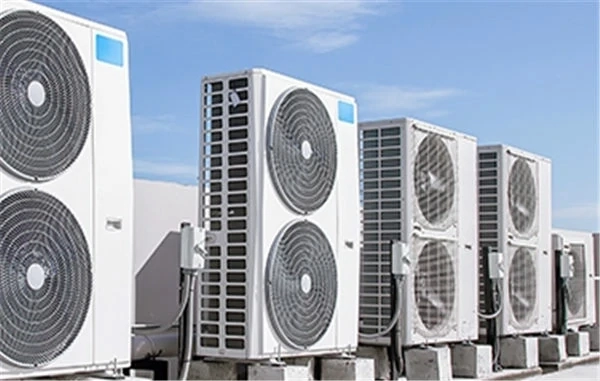
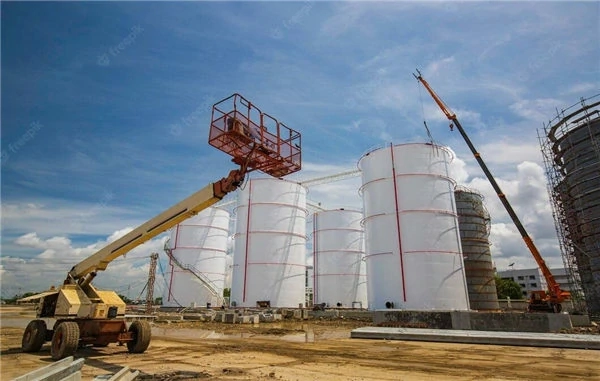
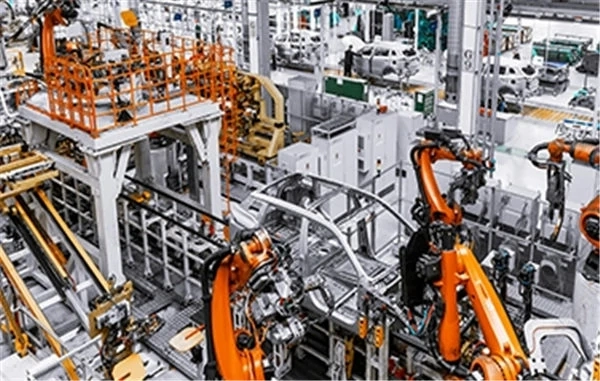
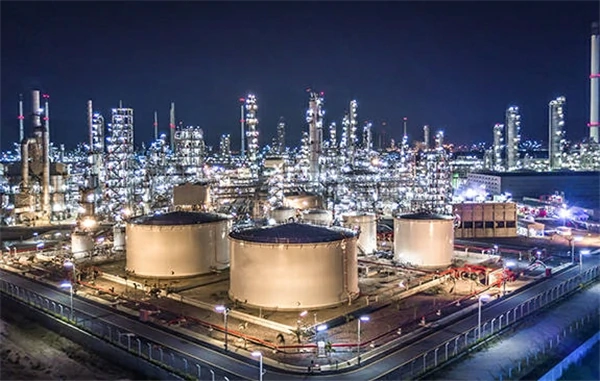
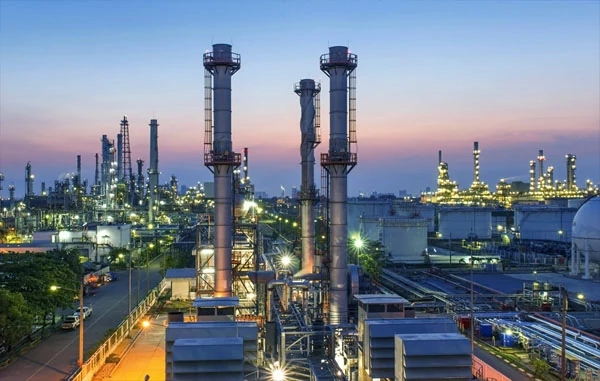
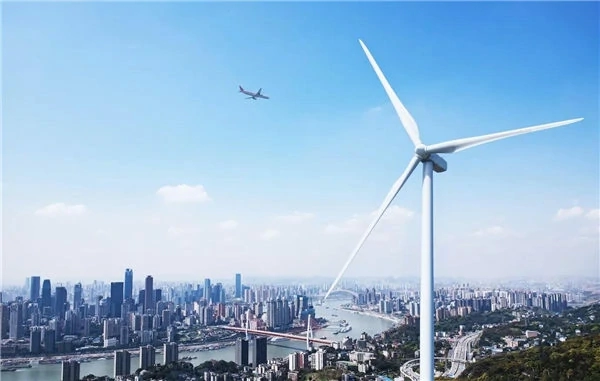
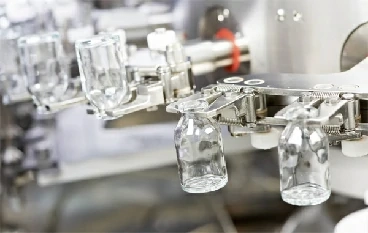
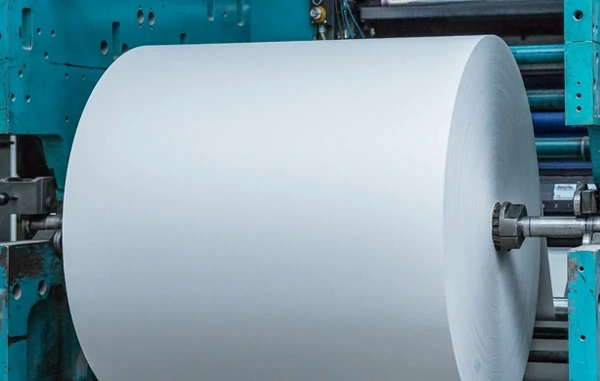
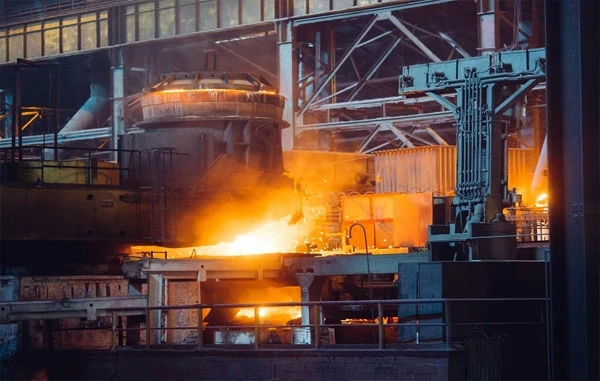
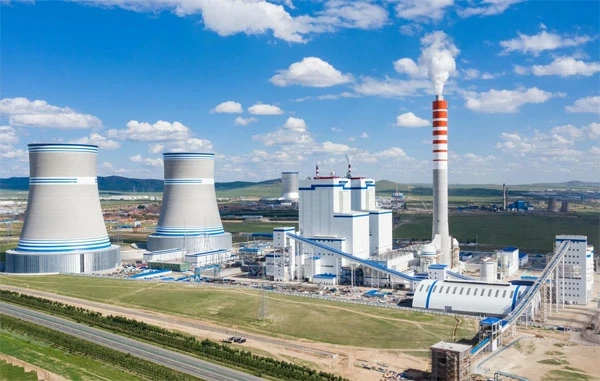
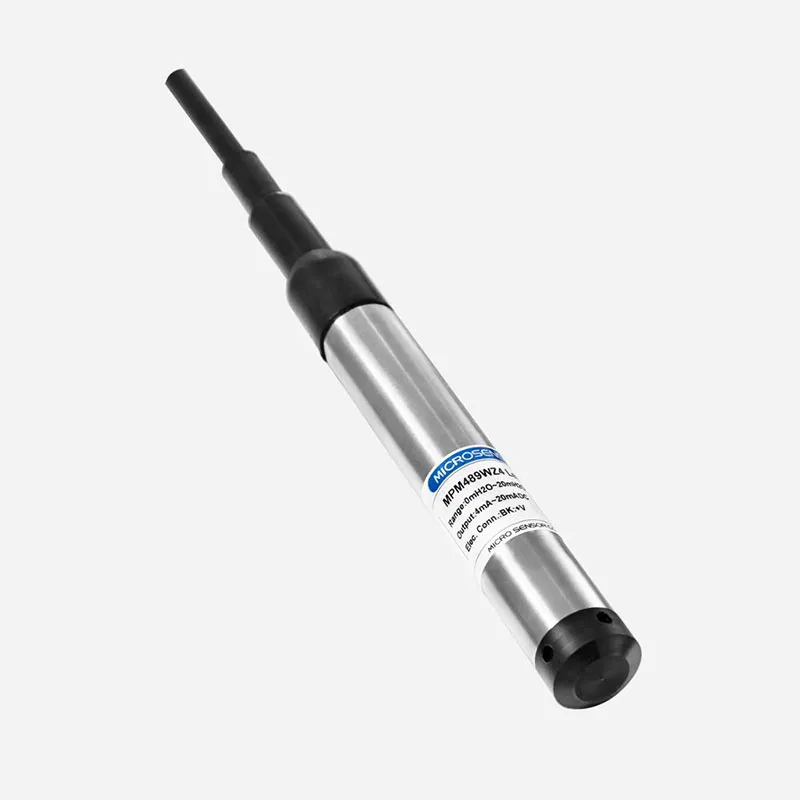
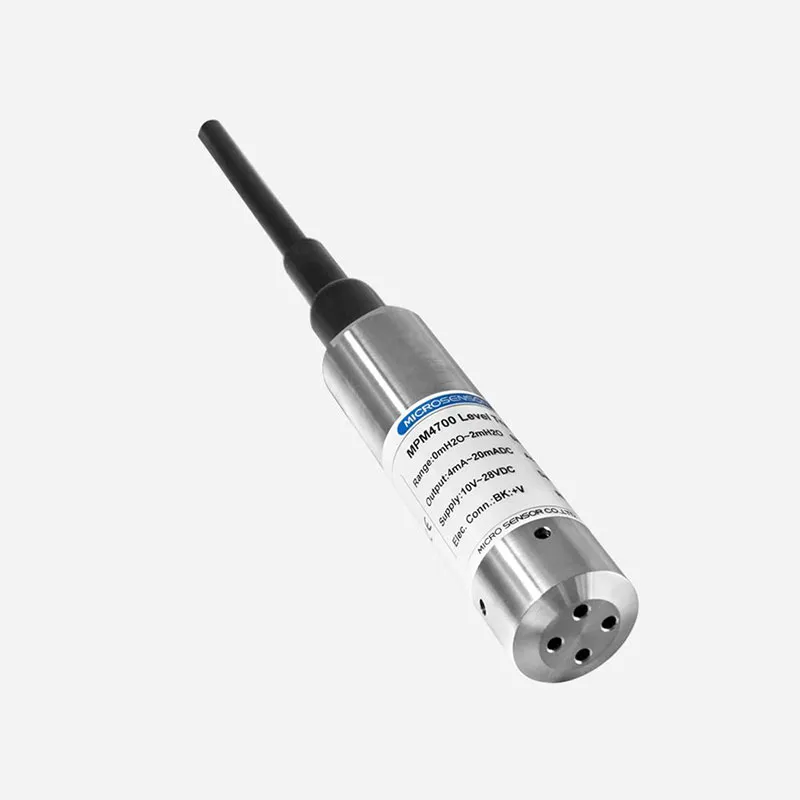
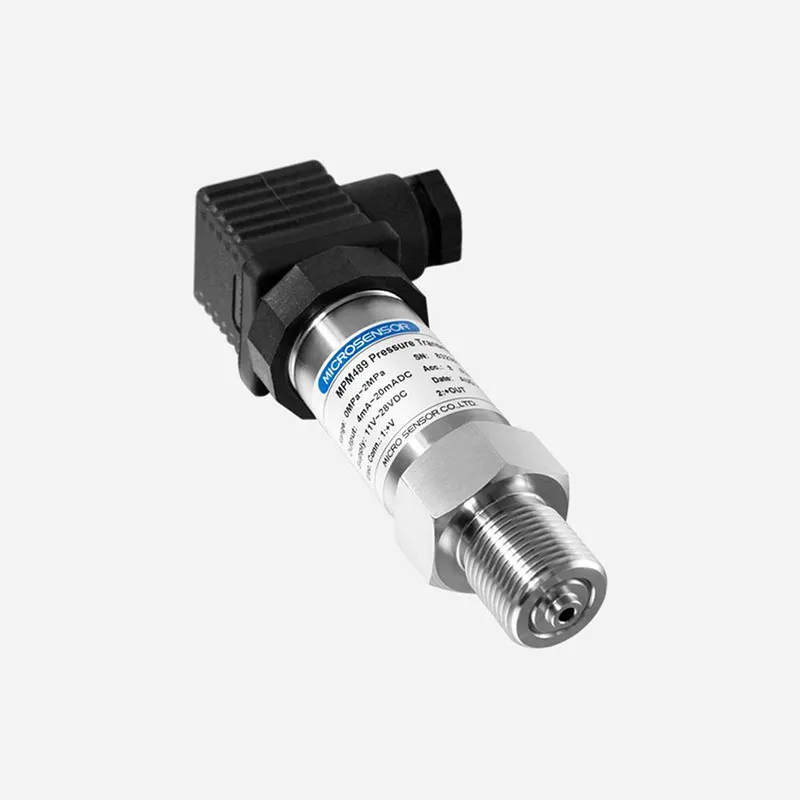
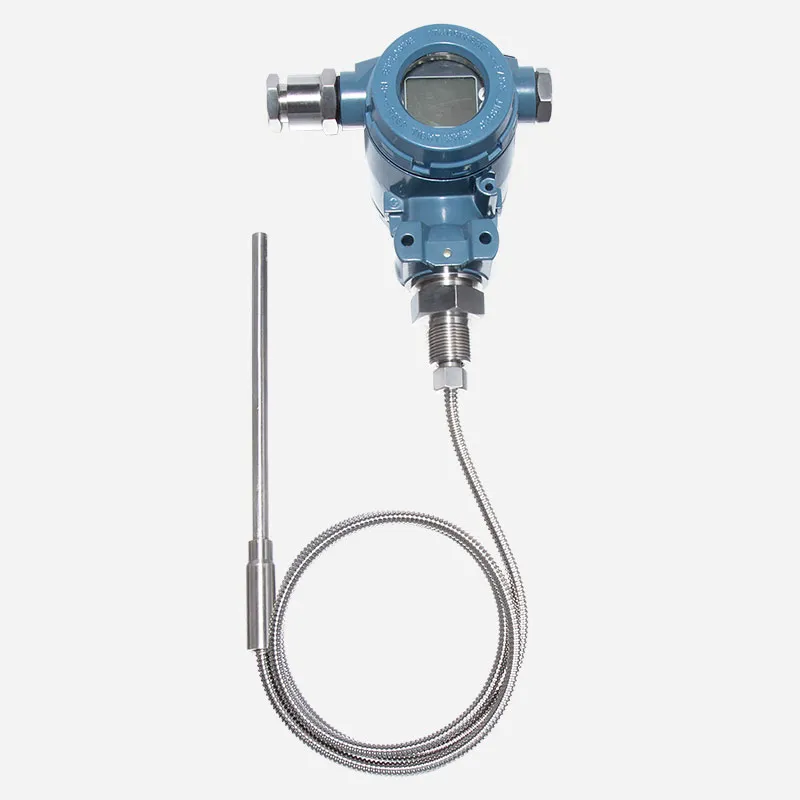
 Copyright © 2025 MICRO SENSOR CO., LTD
Copyright © 2025 MICRO SENSOR CO., LTD